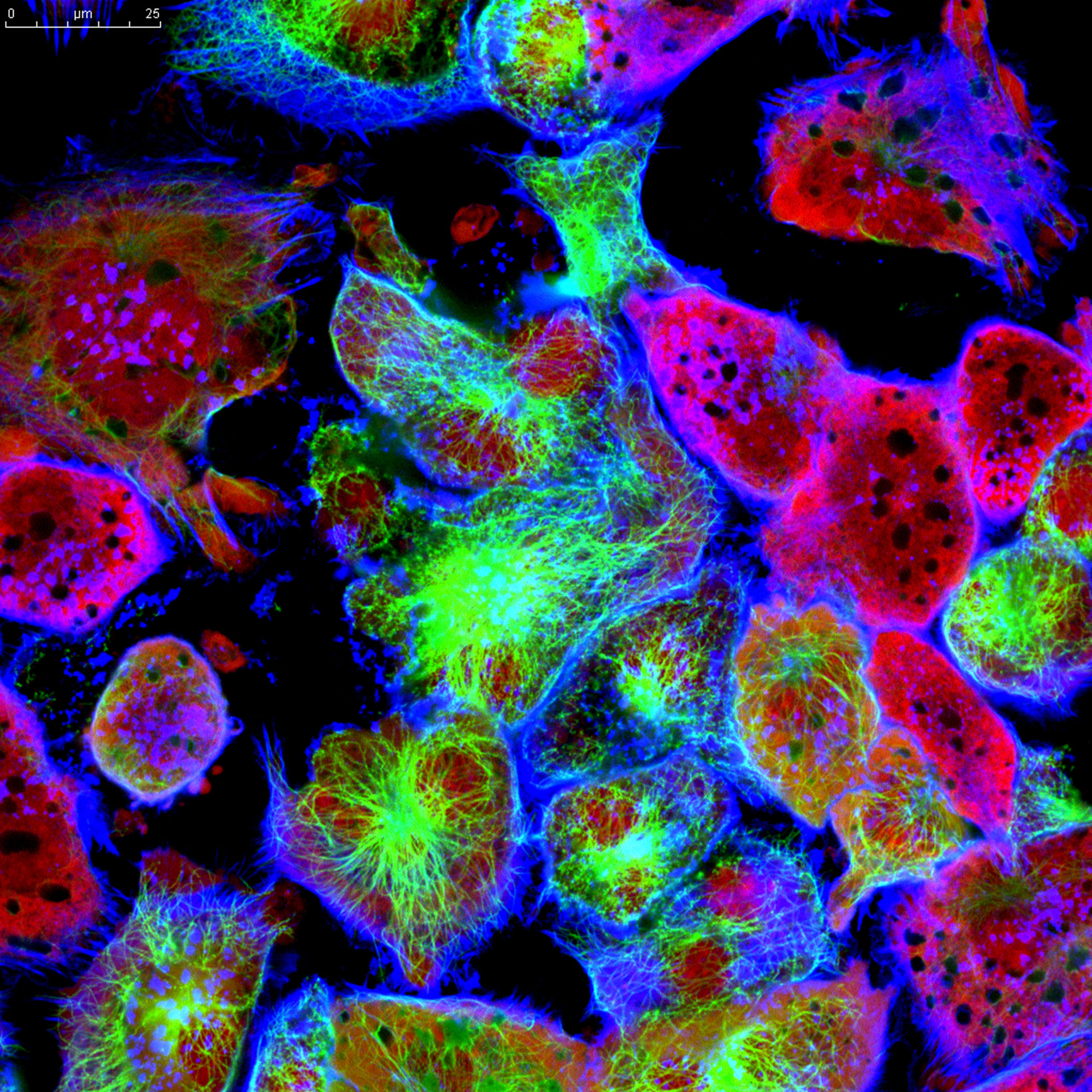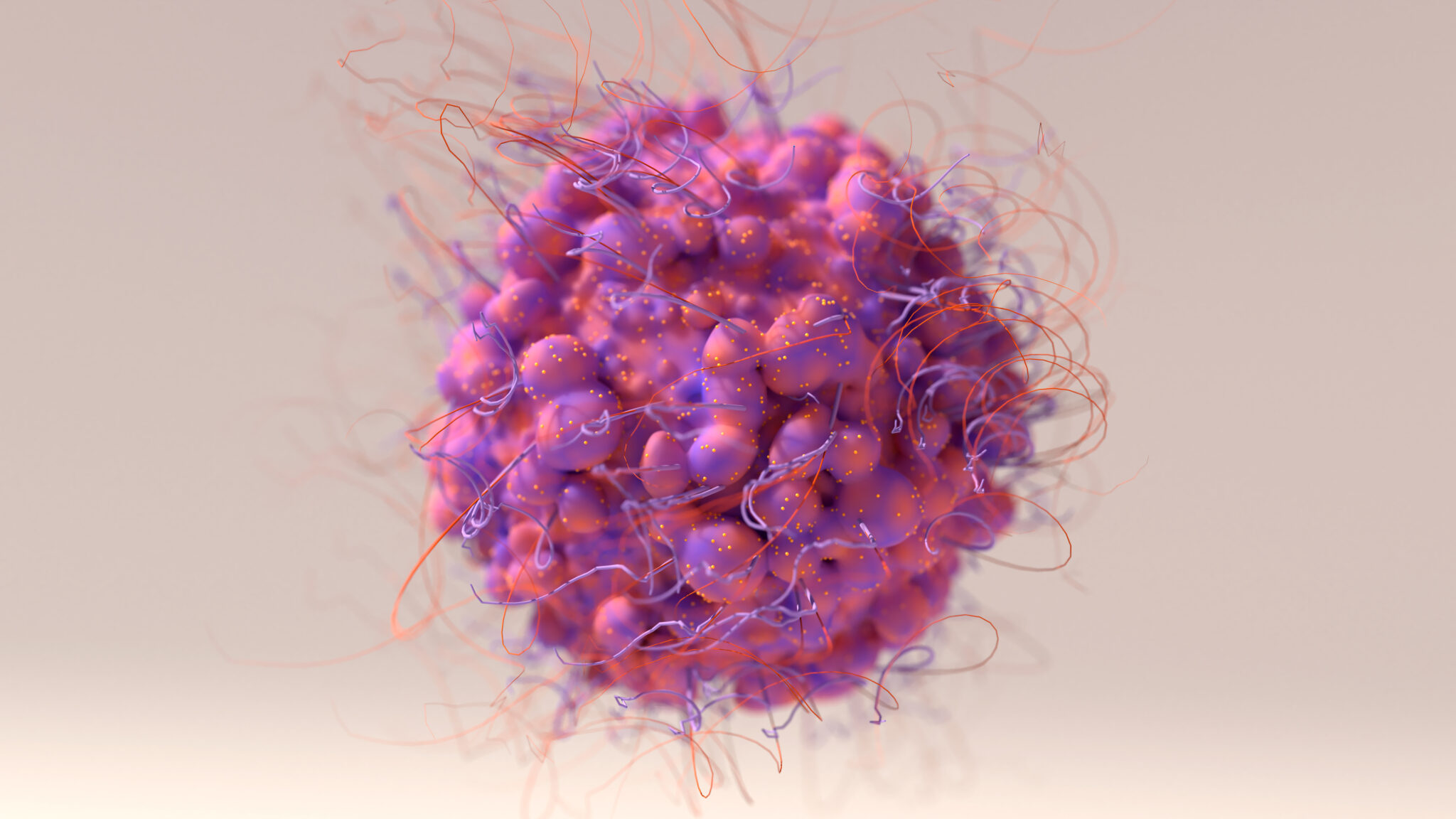To survive chemotherapy, cancer cells enter into a slow-dividing, hibernation-like state as a survival mechanism, according to a study published in the journal Cell.
“The tumor is acting like a whole organism, able to go into a slow-dividing state, conserving energy to help it survive,” says Dr. O’Brien, who is also an Associate Professor in the Department of Surgery at the University of Toronto via a press release.
“There are examples of animals entering into a reversible and slow-dividing state to withstand harsh environments.
“It appears that cancer cells have craftily co-opted this same state for their survival benefit.”
Dr. Aaron Schimmer, Director of the Research Institute and Senior Scientist at Princess Margaret Cancer Centre, added that this research shows that cancer cells hibernate, like “bears in winter.”
According to Dr. Schimmer: “We never actually knew that cancer cells were like hibernating bears. This study also tells us how to target these sleeping bears so they don’t hibernate and wake up to come back later, unexpectedly.”
“I think this will turn out to be an important cause of drug resistance, and will explain something we did not have a good understanding of previously.”
In this study, the researchers treated colorectal cancer cells with chemotherapy in a petri dish in the laboratory. According to the researchers, this induced a slow-dividing state across all the cancer cells in which they stopped expanding, requiring little nutrition to survive. As long as the chemotherapy remained in the dish, the cancer cells remained in this state.
Dr. O’Brien, who is a surgeon specializing in gastrointestinal cancer, explains that cancer cells under attack by the harsh chemotherapy environment are able to adopt the embryonic survival strategy. “The cancer cells are able to hijack this evolutionarily conserved survival strategy, even as it seems to be lost to humans.”
Credit: Original article published here.










